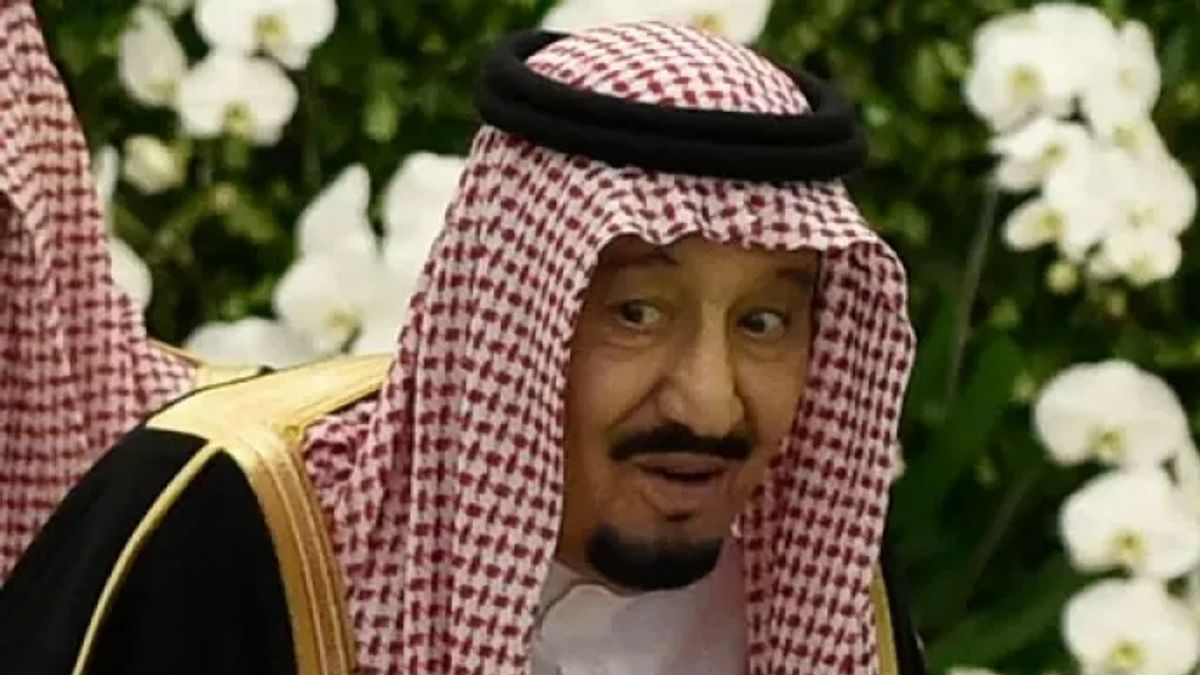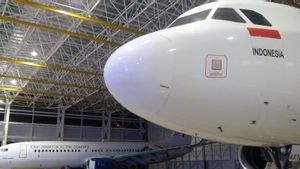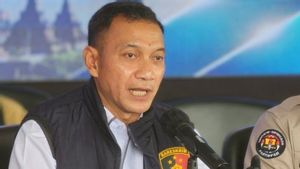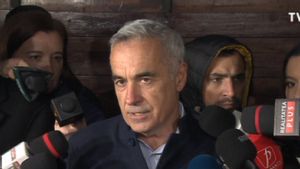JAKARTA - Chairman of the Indonesian Mosque Council (DMI) Jusuf Kalla explained the role of the organization that became the umbrella for 800 thousand mosques in front of representatives of ambassadors (ambassadors) of member countries of the Organization of Islamic Cooperation (OIC) and ASEAN in the series of DMI's 50th Anniversary in Jakarta , Thursday 23 June.
Meetings with representatives of the OIC and ASEAN countries were held to strengthen relations and cooperation between Indonesia and Muslim countries.
"The gathering aims to introduce DMI more, as well as to pave the way for increasing cooperation for the prosperity of mosques around the world," Kalla said in a written statement, quoted from Antara, Thursday, June 23.
In front of the ambassadors of OIC and ASEAN member countries, Kalla recounted when King Salman visited Indonesia in March 2018. King Salman was surprised to hear the news about the number of mosques scattered throughout Indonesia.
According to Jusuf Kalla, in Indonesia there are five working days from Monday to Friday, and this will indirectly affect the existence of mosques.
"As a result, Friday prayers take place on weekdays. Consequently, mosques are everywhere, in offices, at schools, at gas stations. This is different from other Islamic countries where every Friday is a work day off," he said.
According to him, 90 percent of mosques in Indonesia are owned by the community, so they are independent. Only 10 percent belongs to the government. The mosques organize various activities such as training for da'wah interpreters (dai) for their congregations.
Kalla invited mosques to be used as educational centers in addition to da'wah centers as was done at the Al Azhar Mosque in Kebayoran, South Jakarta. "The presence of thousands of mosques can encourage people to be better," he said.
Nevertheless, Kalla emphasized the need for acoustic arrangement of loudspeakers. The sound of the call to prayer, sermons, and lectures that are usually heard from mosques, the acoustics must be arranged in such a way so that they sound beautiful, solemn and do not collide with each other.
"There needs to be a regulation regarding the arrangement of good mosque loudspeakers. So the acoustics of mosques are important," he said.
In addition, the organization he leads has excellent programs, ranging from handling mosque cleaning programs, mosque-based health, to special programs to create mosque architecture.
Kalla also encouraged mosque administrators to play a role by promoting waqf and zakat to advance the people's economy. Waqf and zakat are important for welfare and economic empowerment and madrasas or schools for sociocultural enlightenment.
"We will build collaborations to carry out three things, namely mosques, waqf and madrasas to create welfare and prosperity for the people. Let's make mosques prosperous and mosques prosperous," he concluded.
The English, Chinese, Japanese, Arabic, and French versions are automatically generated by the AI. So there may still be inaccuracies in translating, please always see Indonesian as our main language. (system supported by DigitalSiber.id)













